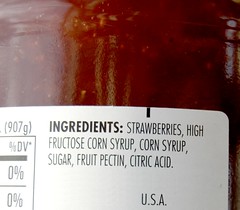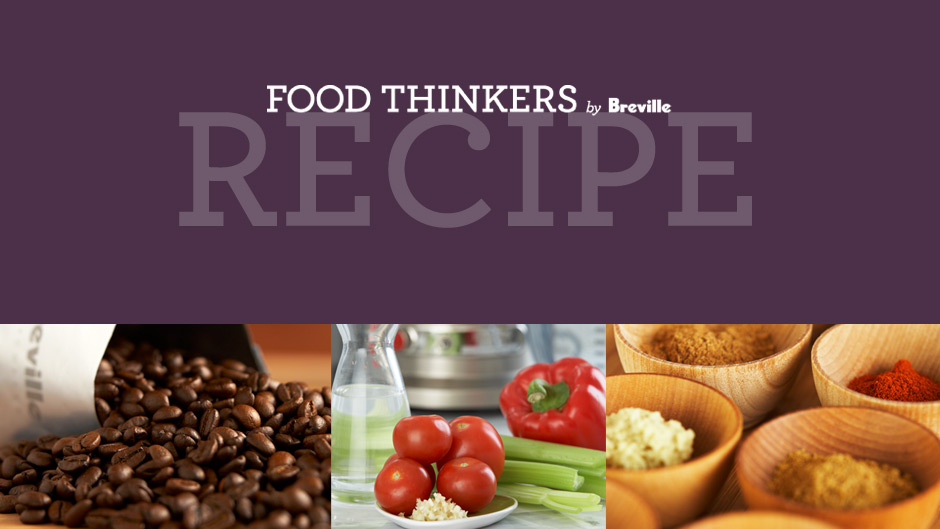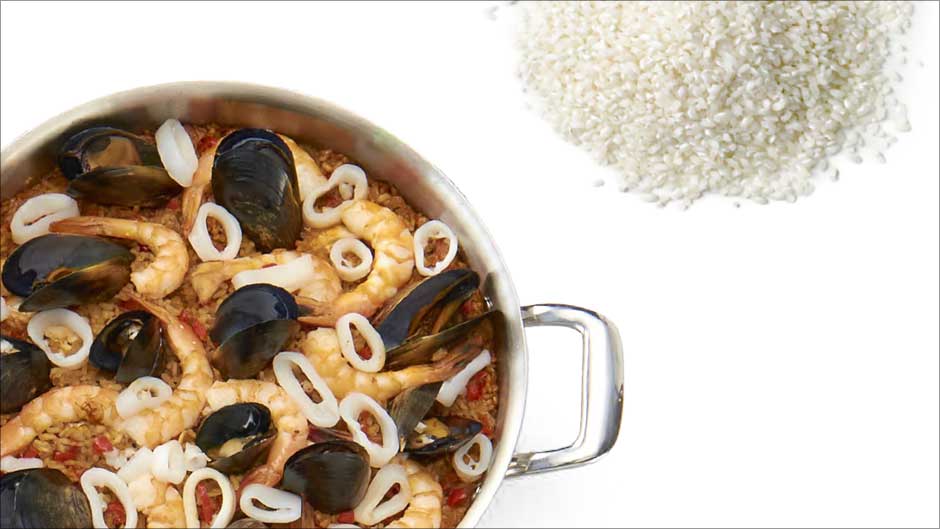There has been a lot of controversy about high fructose corn syrup (HFCS) in the news and online lately, particularly about its relationship to obesity, diabetes, and the food chain in general. The film Food, Inc. injected HFCS more into the general consciousness, although nutritionists have been debating about it for some time.

What the studies say
Studies about HFCS have yielded conflicting results. On one side are the researchers who see some kind of correlation between rising rates of obesity and type II diabetes and the proliferation of HFCS in processed foods and soft drinks. On the other are the recent studies demonstrating that in its effects on the body, HFCS is identical to other sugars.
It’s hard to know what to believe. Unless you are a very objective epidemiologist, these studies and their findings are probably Greek to you. Whenever there is a nutritional scapegoat or savior, it is very difficult to sort the proverbial wheat from the chaff.
HFCS — what’s the verdict?
So, is HFCS bad for you? If either side of the debate is right, the answer is yes. Too much of any sugar is bad for you. And HFCS is used in a lot of foods — not secretly, but certainly without calling much attention. Even packaged foods labeled as low-fat often use HFCS to compensate for the flavor lost when reducing the fat content.
In terms of nutrient density, HFCS and other sugars are very nutrient poor and energy rich. That energy is converted to fat in the body when consumed in excessive amounts. It also contributes to the glycemic problems that can lead to diabetes. So, if not avoided completely, HFCS should be consumed in limited quantities.
What to do
If you currently consume a lot of processed foods and soft drinks, consider making changes to your diet. Add some whole grains. Eat whole fruits and vegetables — more vegetables than fruits. Make fresh juice instead of buying soft drinks and bottled juices, which have less nutrition than their fresh counterparts.
Slow down enough to enjoy your meal times when you can. Learning to enjoy the preparation of food can make you less likely to reach for a quick, HFCS-laden, processed alternative.








